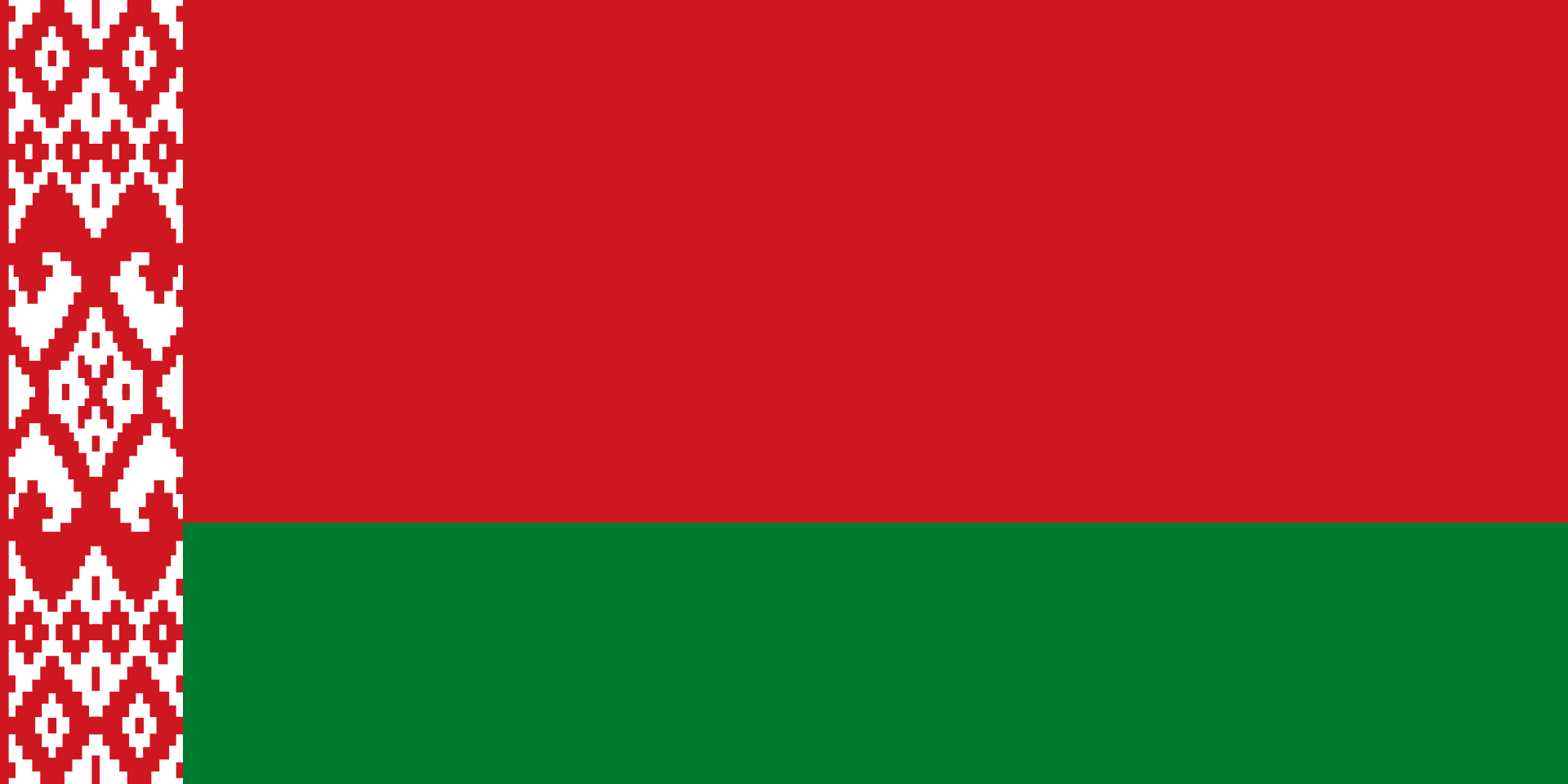Population
344,495
Last updated:
1 NovArea
102,775 km2
Last updated:
1 NovCurrency
Icelandic króna (ISK)
Last updated:
1 NovOfficial Language
Icelandic
Last updated:
1 NovPhone code number
+354
Last updated:
1 NovInternet TLD
.is
Last updated:
1 NovAverage monthly salary
5,900 $
Last updated:
1 NovTotal millionaires
2,980 persons
Last updated:
1 NovTotal billionaires
1 persons
Last updated:
1 NovMilitary power
Passport rank
12
Last updated:
1 NovVisa free
180 country
Last updated:
1 NovReligions in Iceland
75.1% Christianity
*63.5% Church of Iceland
*11.6% Other Christian
21.5% No religion
1.3% Ásatrúarfélagið
2.1% Others
Info about Iceland (History)
Iceland is a Scandinavian island nation in the North Atlantic Ocean and is the least populated country in Europe. The largest city in the capital is Reykjavik. Reykjavik and the surrounding areas of the southwestern part of the country are home to more than two-thirds of the population. Iceland is the only part of the Mid-Atlantic Ridge above sea level, with its central volcanic plateau erupting almost constantly. The interior is composed of sand and lava fields, mountains and plateaus characterized by glaciers, and many glaciers flow through the lowlands into the sea. Iceland is warmed by the Gulf Stream and has a warm climate despite the high latitudes just outside the Arctic Circle. Due to its high latitudes and the influence of the ocean, summers are chilly and most islands have a boreal climate.
According to the ancient manuscript Landnámabók, Icelandic settlement began in 874 AD, when Norwegian chief Ingorvre Arnalson became the first settlers on the island. In the next century, Norwegians and, to a lesser extent, other Scandinavian immigrated to Iceland, bringing in slaves of Gaelic origin (ie slaves and serfs).
The island was governed as an independent federation under Althing, one of the oldest functioning legislative assemblies in the world. After a period of civil war, Iceland joined Norwegian rule in the 13th century. The Kalmar Union was established in 1397, unifying the kingdoms of Norway, Denmark and Sweden. Iceland was thus placed under Danish control after Sweden's separation from the Union in 1523, following the integration of Norway into its coalition. The Kingdom of Denmark forced the introduction of Lutheranism in 1550, but Iceland remained a distant semi-colonial territory where Danish institutions and infrastructure were prominent by them. absence.
The French Revolution and the Napoleonic Wars led to the formation of Iceland's independence struggle, which became independent in 1918 and the republic was established in 1944. Although the parliament (all) was suspended between 1799 and 1845, the island republic is believed to maintain the oldest and longest-running parliament in the world.
Until the 20th century, Iceland relied heavily on self-sufficient fishing and agriculture. Post-WWII fishing industrialization and Marshall Plan aid have brought prosperity, making Iceland one of the wealthiest and most developed countries in the world. It became part of the European Economic Area in 1994. This has further diversified the economy into sectors such as finance, biotechnology and manufacturing.
Iceland's market economy has relatively low taxes compared to other OECD countries and boasts the highest trade union membership in the world. It maintains a Scandinavian social welfare system that provides universal insurance and higher education to the public. Iceland ranks high in economic, democratic, social stability and equality, and ranks third in the world in median wealth per adult. In 2020, it was ranked 4th in the world's developed countries in the United Nations Human Development Index and 1st in the Global Peace Index. Iceland is almost entirely powered by renewable energy.
Icelandic culture is based on the country's Scandinavian heritage. Most Icelanders are descendants of Norse and Gaelic settlers. Icelandic, the North Germanic language, is a descendant of Old Norse and is closely related to Faroese. National heritage includes traditional Icelandic cuisine, Icelandic literature, and medieval saga. Iceland is the least populated NATO member, the only member with no standing army and lightly equipped Coast Guard.
Important information about Iceland
1- What is the population of Iceland?
answer: The total population of Iceland is 344,495 in 2021.
2- Who is the president of Iceland?
answer: Guðni Th. Jóhannesson is the current president of Iceland.
3- What is the area of Iceland?
answer: The total area of Iceland is 102,775 km2 .
4- What is the official language of Iceland?
answer: The official language of Iceland is Icelandic .
5- What is the currency of Iceland?
answer: The currency of Iceland is Icelandic króna (ISK) .
6- How much is the average salary in Iceland?
answer: The average salary in Iceland is 5900$ in 2021.
7- What is the passport rank of Iceland?
answer: The passport rank of Iceland is 12 in 2021.
8- How many countries we can travel with passport of Iceland without visa?
answer: You can travel to 180 countries with passport of Iceland .
9- What is the phone number code of Iceland?
answer: The phone number code of Iceland is +354 .
10- What is internet TLD of Iceland?
answer: The internet TLD of Iceland is .is
11- How many billionaires are in Iceland?
answer: The total number of billionaires in Iceland is " 1 person" in 2021.
12- How many millionaires are in Iceland?
answer: The total number of millionaires in Iceland is " 2,980 person" in 2021.





